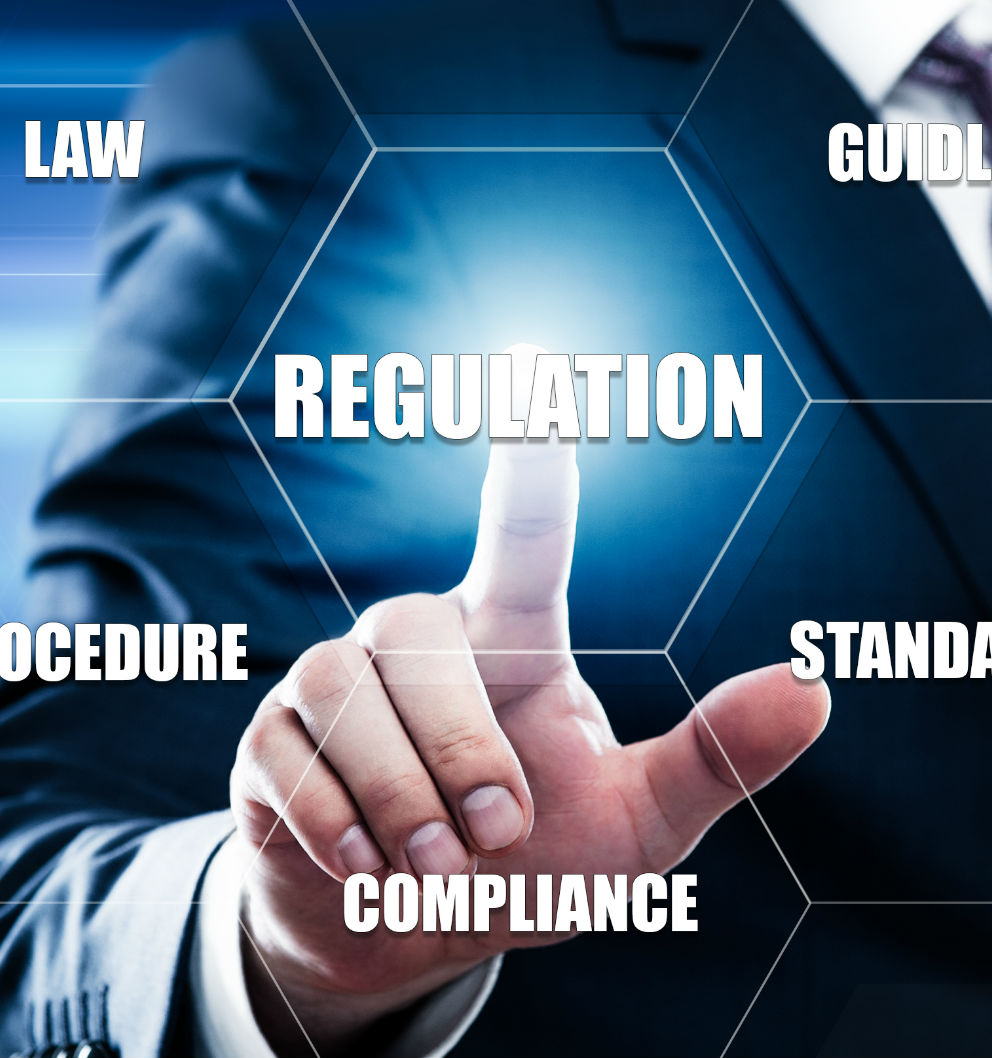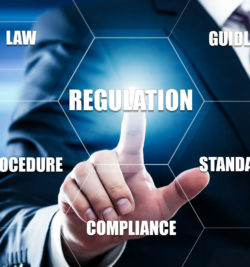Join Our Telegram channel to stay up to date on breaking news coverage
Government regulation has been one of the most prominent requests for crypto companies for years. Since the industry grew into the limelight, advocates have called for governments to bring it under its wing. With little to no progress made on that front, some countries have gone the path of self-regulation – essentially allowing companies in the crypto space to regulate themselves. However, the efficacy of that has also raised some doubt amongst experts.
No Trust In Crypto
Recently, the Royal United Service Institute (RUSI), one of the United Kingdom’s oldest security and defense think tanks, found that professionals across different walks of life have differing views on self-regulation in the crypto industry. In a survey report, the think tank explained that it had taken responses from crypto executives, banks, and government officials on self-regulation and its potential impacts on the industry.
The report took 566 unique responses from bankers, regulators, crypto industry officials, and intelligence agency officers. It found that 63 percent of bankers and government officials viewed cryptocurrencies as risks – a sentiment that only 9 percent of crypto executives shared.
Unsurprisingly, the RUSI also highlighted that crypto executives seemed to be more confident about their risk management policies and security tools’ abilities to protect their customers. Despite this confidence, however, the report also noted that all parties remained highly cautious about the surge in crypto-related criminal activity.
Some of the top criminal concerns include the continued prevalence of crypto-based Dark Web activity and money laundering risks, which 84 percent of all respondents reported worries about. 79 percent of respondents pointed out concerns about terrorist financing, while human trafficking was a concern for 76 percent.
The Traditional System’s Hypocrisy
In general, the report appeared to point a well-known pattern; government officials and banks believe that cryptocurrencies pose significant risks, while crypto executives don’t.
Given the litany of hacks that the crypto space endures every year, it’s only right for anyone to express concerns about their long-term safety. However, risks such as money laundering and terrorist financing, although significant, are still more predominant in the traditional financial space.
Late last month, El Economista reported that Mexico’s Financial Intelligence Unit had accused banks of being the most prominent enablers of money laundering in the country. The findings, which were a part of its second National Risk Assessment report of 2020 explained that Mexico’s “G7 Banking Group,” which consists of Santander, BBVA, Banorte, Scotiabank, HSBC, Inbursa, and Citibanamex, had enabled more money laundering schemes than Fintech and blockchain firms combined.
The report pointed out that four financial system sectors were at the highest risk of enabling money laundering. However, banks carrying out foreign exchange, along with the G7 banks, were the most likely enablers. The United Nations has also claimed in a report that money laundering costs the global economy between $800 billion and $2 trillion every year. Still, a vast majority of these activities are carried out by banks.
Join Our Telegram channel to stay up to date on breaking news coverage


